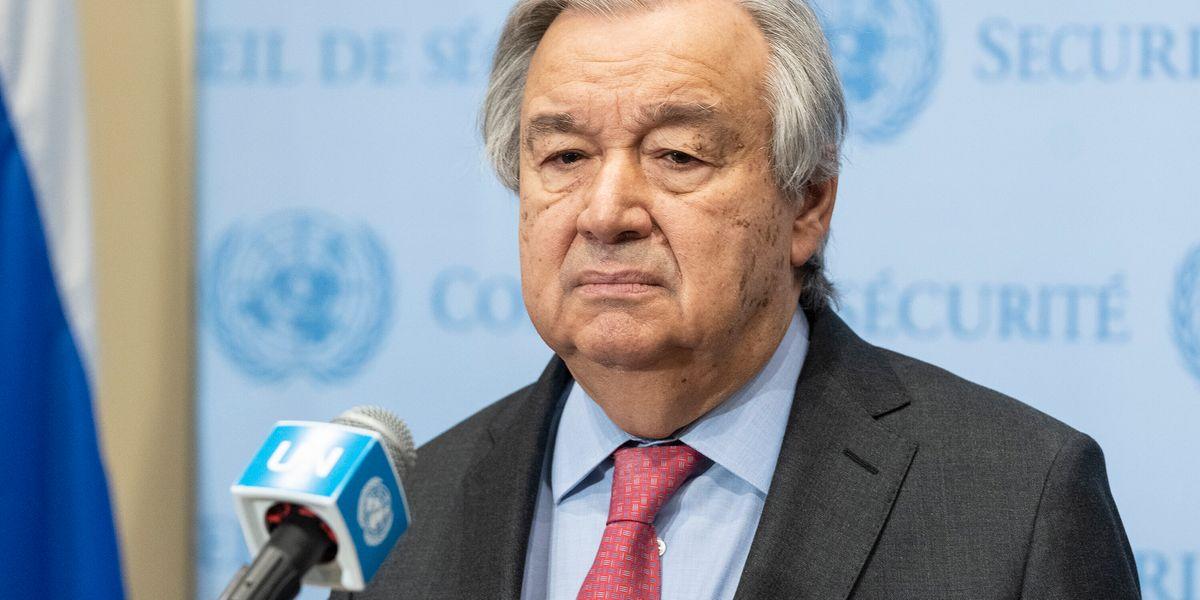
The world’s goal of stopping the average global temperature from rising more than 1.5 degrees Celsius will soon become unattainable, United Nations Secretary-General António Guterres said in a grim warning Monday.
“We are sleepwalking to climate catastrophe,” Guterres told an audience at the Economist Sustainability Summit in London. “The 1.5-degree goal is on life support. It is in intensive care.”
“There is no kind way to put it,” he said.
Guterres’ remarks come six years after 196 countries agreed to an international treaty on climate change called the Paris Agreement. In order to prevent a catastrophic rise in global temperatures, the nations agreed that they would all commit to significantly reducing greenhouse gas emissions, cutting the world’s output in half by 2030 and reaching a net-zero output by 2050.
The most ambitious goal of the treaty was to keep further global warming below 1.5 degrees Celsius. Surpassing that threshold, climate scientists say, would lead to irreversible damage to the planet and humanity with an array of disasters: sea-level rise, flooding, hurricanes, heat waves, drought, wildfires, famine, disease and overall ecosystem destruction.
But even with the agreement in place, experts say countries have not acted quickly enough.
“The problem is getting worse. If we continue with more of the same, we can kiss 1.5 goodbye. Even 2 degrees may be out of reach,” Guterres said Monday.
The secretary-general’s comments mirror the results of a U.N. climate report released last month, showing that “the extent and magnitude of climate change impacts are larger” than past U.N. assessments.
Global carbon emissions hit a record high in 2019 before dropping during the COVID-19 pandemic as economies around the world went into hibernation in 2020. But emissions bounced back with a vengeance last year.
“According to present national commitments, global emissions are set to increase by almost 14% in the 2020s,” Guterres said. “Last year alone, global energy-related CO2 emissions grew by 6% to their highest levels in history. Coal emissions have surged to record highs.”
Wealthy countries with big carbon footprints are not taking enough action to move away from fossil fuels, he added. The United States is one of the world’s biggest polluters, but politicization of the issue has made it difficult for President Joe Biden to carry out the necessary steps that his predecessor, Donald Trump, refused to take. Deadlock in Congress has stopped the Biden administration from renewing a $2 trillion package that includes $300 billion in tax credits for wind, solar and nuclear energy.
Russia’s invasion of Ukraine also throws a wrench into the matter. While experts say cutting off reliance on Russian oil imports may spur countries to invest more in renewable resources, the conflict could also make climate spending less of a priority as countries beef up military spending.
This article originally appeared on HuffPost and has been updated.




